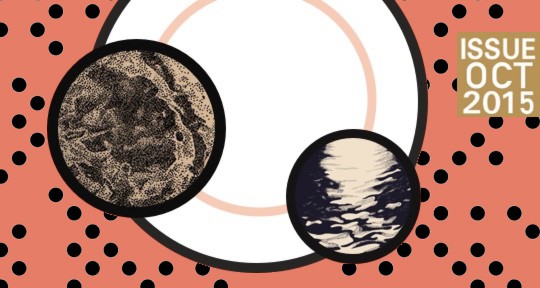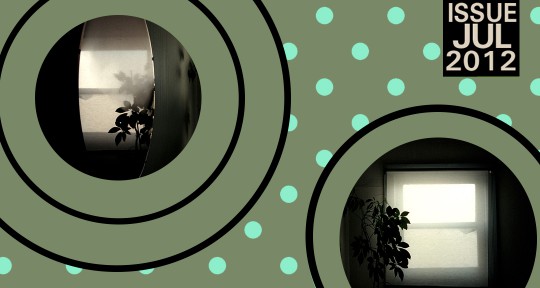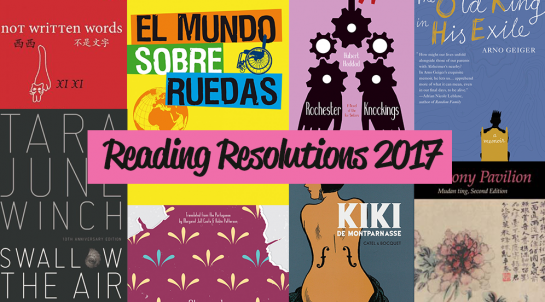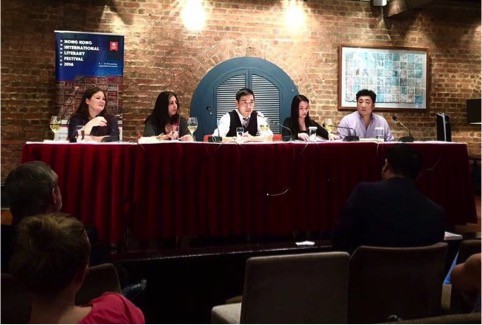PEN Hong Kong was officially re-launched on 13 November, as Asymptote noted recently. Originally established in the 1980s by expatriate writers in Hong Kong, the organisation later became inactive as key members left the city. A group of professionals working in the field of the written word revived the organisation in September in response to the increasingly hostile environment for free expression in Hong Kong.
Numerous incidents have indicated that freedom of speech in Hong Kong is declining after the handover. PEN America released two reports on the issue, in 2015 and 2016, to explore the deterioration of press freedoms and free expression in the city, as reflected in the increasing economic and political pressures targeted at pro-democracy mass media. The appalling abduction of five Hong Kong booksellers by Chinese authorities that was exposed earlier this year drew further attention to the issue. Self-censorship is also aggravating publishers, media, bookshops, and even academia. PEN Hong Kong’s members take up the mission of celebrating and promoting free, creative expression to guard against political suppression and censorship by uniting advocates who believe in the power of words in Hong Kong and China.
Asymptote’s Hong Kong Editor-at-Large recently interviewed PEN Hong Kong’s President, Jason Y. Ng, who tells us about the establishment of the organisation, its recent activities, future goals, and challenges.
Charlie Ng (CN): Defending freedom of speech in Hong Kong is definitely urgent and necessary in today’s political climate. Could you please introduce the current network of PEN Hong Kong members to us? What is your vision for developing that network in order to achieve the missions of the organisation?
Jason Y. Ng (JN): We’re very fortunate to have a number of prominent authors, academics, and journalists serving on our executive committee. They also represent a good balance between local Chinese writers and expatriates working and living in Hong Kong.
We encourage anyone interested in PEN Hong Kong to check out their bios at our website and to find out how to join us. An organization is only as good as its members, and we’re eager to recruit members of the literary community who are committed to promoting literature – in both Chinese and English – and defending free expression in Hong Kong.
CN: Would you like to tell us about PEN Hong Kong’s participation in the 82th PEN Congress?
JN: We sent three delegates – award-winning poet Nicholas Wong, seasoned journalist Kris Cheng, and human rights advocate Patrick Poon – to the Galicia Congress this past October. All three are founding members of PEN Hong Kong. They participated in several panel discussions, announcing the revival of our chapter and giving updates on the freedom of expression situation in Hong Kong. We were heartened to see that there was a lot of interest among the global audiences in the missing booksellers controversy and Beijing’s tightening grip on civil liberties in Hong Kong.
READ MORE…








